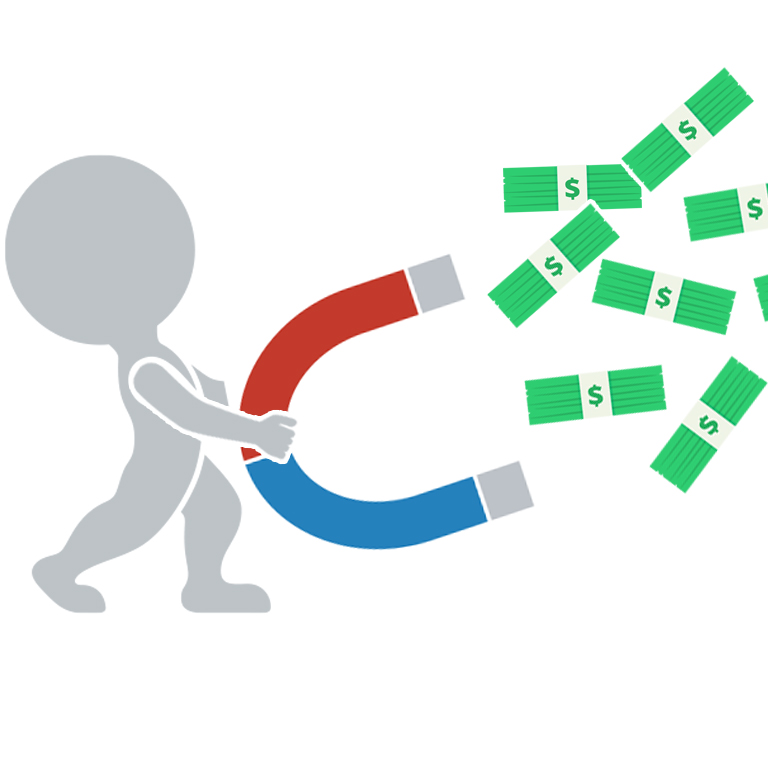A 9/25/21 Facebook post from conductor David Leibowitz caught my eye because it’s hard to miss something that begins with “Dear Met Opera: F*** you for your incredibly horrible online ticket purchasing site.”
The full post provides more context:
Dear Met Opera: F*** you for your incredibly horrible online ticket purchasing site. Timing out before one can pay is not good customer relations.
I guess that when you don’t give a s*** about your patrons you don’t really try to make the process easy for them.
Update: and if seats are marked as available don’t make me waste time selecting them and THEN tell me they’re not available!
As a developer who works in this field, I can say that cart timers are indeed a necessity. They prevent inventory from getting gobbled up by bots and provide a bit of a FOMO (Fear Of Missing Out) boost for ticket buyers to complete the transaction.
The typical implementation is a countdown clock at the top of the page that is sticky, meaning it remains at the top regardless how far you scroll down a page.
I can also say most groups don’t put a lot of time into designing or testing the UX (user experience) elements of this component but as you can see from Mr. Leibowitz’s experience, it can really sour a customer relationship.
I swung by the Met’s site to experience the cart timer and see what was up and I can say that it isn’t difficult to empathize with Leibowitz’s complaint.
- While the timer was sticky on the actual cart page, it disappeared if I visited any other page. Ideally, it should carry through across all pages in order to drive home that FOMO felling.
- Upon returning to the cart, the timer restarted at the same 15-minute starting point used when the tickets were originally added to the cart. This makes the timer far less valuable because a site visitor can keep a ticket wrapped up for an indefinite amount of time.
- The site did display a dialog box to extend the hold once the timer reached the two-minute mark. But I had a difficult time testing the effectiveness when leaving the cart because the timer would always reset to 15-minutes.
I couldn’t explore Mr. Leibowitz’s final complaint but if accurate, it is highly unusual to see tickets placed in the cart become unavailable if the transaction was completed within the time limit. Likewise, it isn’t difficult to see why a potential ticket buyer would find this frustrating.
There certainly are times where removing all temporary locks and going with a first come, first serve approach to tickets is exactly what an organization needs. Having said that, when tickets aren’t removed from inventory during the countdown period, it is considered best practice to inform the ticket buyer (doubly so if genuine holds are standard operating procedure).
In the end, reserved seating introduces a lot of ticket buyer passion and to avoid incurring the darker side of that passion, it’s a good idea to use an empathetic approach to UX.


